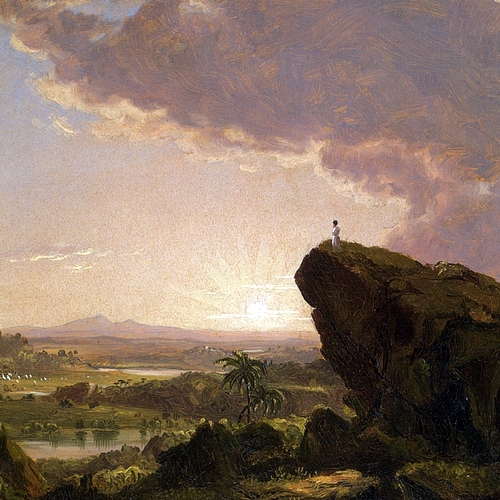Names of the Book
| English: | Deuteronomy |
| Hebrew: | דברים |
| Transliterated: | Devarim ("Words") |
| Other names: |
 Who
Who
| Wrote the book: | Moses |
| Are the key people: | Moses, Aaron, Joshua |
| Is it written to: | The people of Israel |
 What
What
| The LORD and the reminder of what He has done for Israel (Deuteronomy 1:1-4:43) |
| The Law and G-d's standard for holy living (Deuteronomy 4:44-26:68) |
| The Call to a life of holiness (Deuteronomy 29:1-30:20) |
| The Leadership is transferred to Yehoshua (Deuteronomy 31:1-34:12) |
 When
When
| Was it written: | c 1450-1410 BCE |
| Did the events occur: | c 1437-1436 BCE |
| Was it canonized: | c 499-100 BCE |
| (see the Timeline of the Tanakh) | |
 Where
Where
| Was it written: | On the plains of Moav near Yericho (Deuteronomy 31:9) |
| Did the events occur: | The wilderness of Moab, the Land of Canaan, and Mt. Nebo |
 Why
Why
| Deuteronomy was written to inform us that: |
| G-d is merciful. |
| G-d requires holy lives from His people. |
| G-d calls us to serve Him and live for Him. |
 Introduction
Introduction
Deuteronomy is a narrative that includes both history and law. Deuteronomy means "second law" and it is the recounting (the "second giving") of G-d's Law from Exodus, Leviticus, and Numbers that provides this name. The book includes Moses' farewell message to a new generation of Israelites as they prepare to take possession of the Promised Land. Moses reminds them of G-d's faithfulness and love, but also of God's wrath on the previous generation of Israelites because of their rebellion. Moses repeatedly charges Israel to keep G-d's Law. The words of this book provide a solemn call to love and obey the one true G-d and outlines blessings for faithfulness and curses for unfaithfulness. The book concludes with the selection of Joshua as Israel's new leader and the death of Moses.
Scripture- Book Selection
